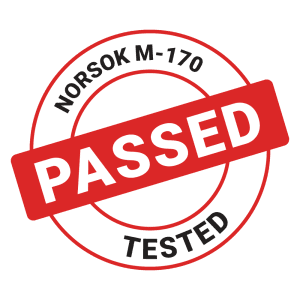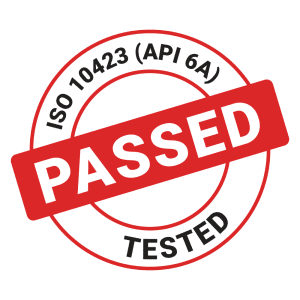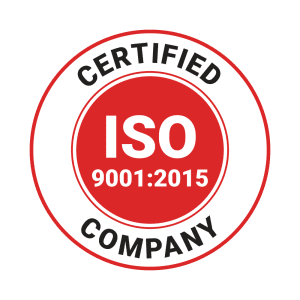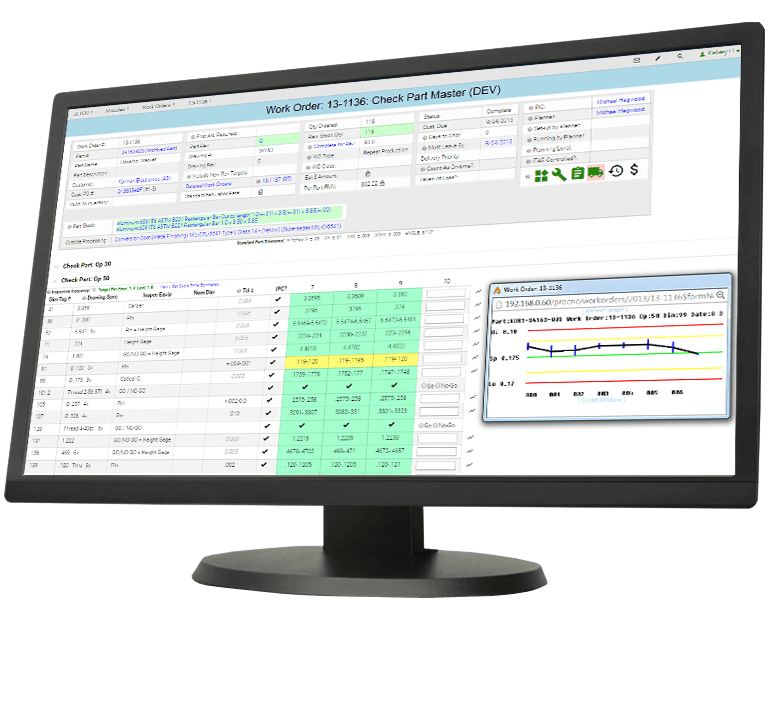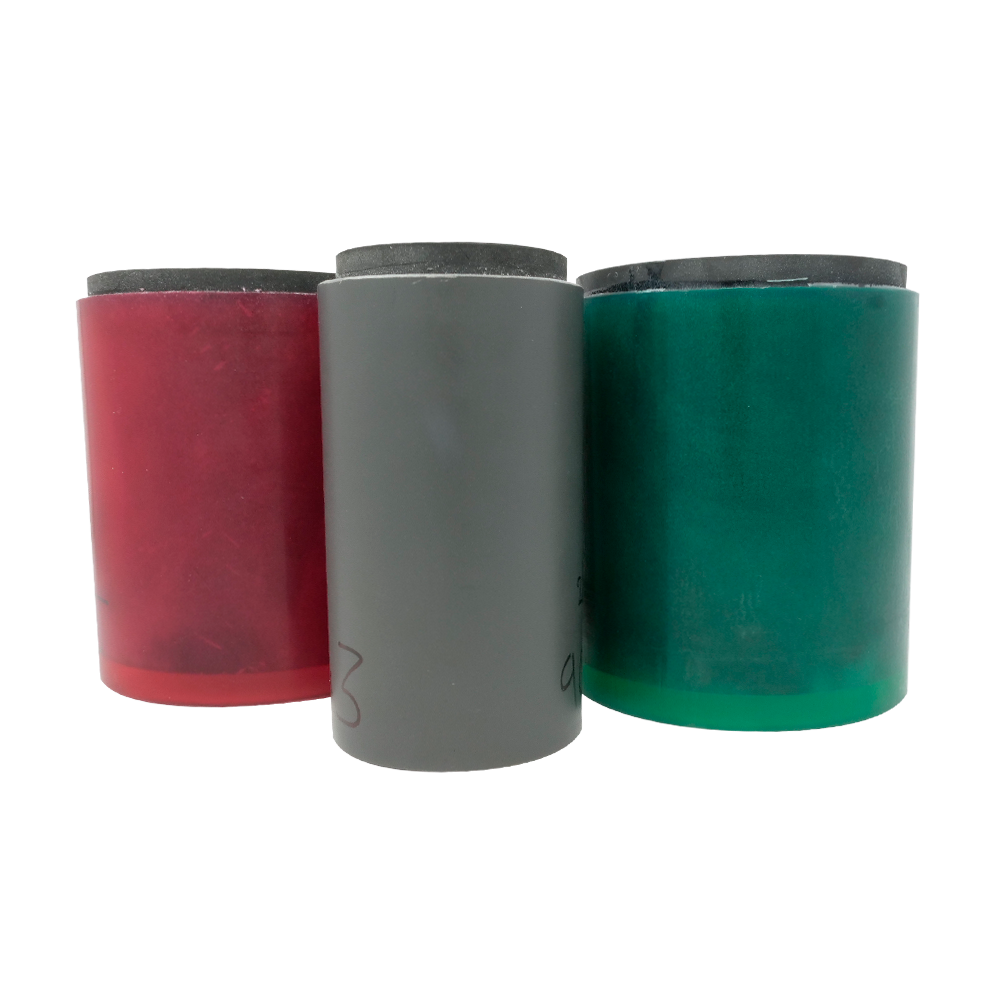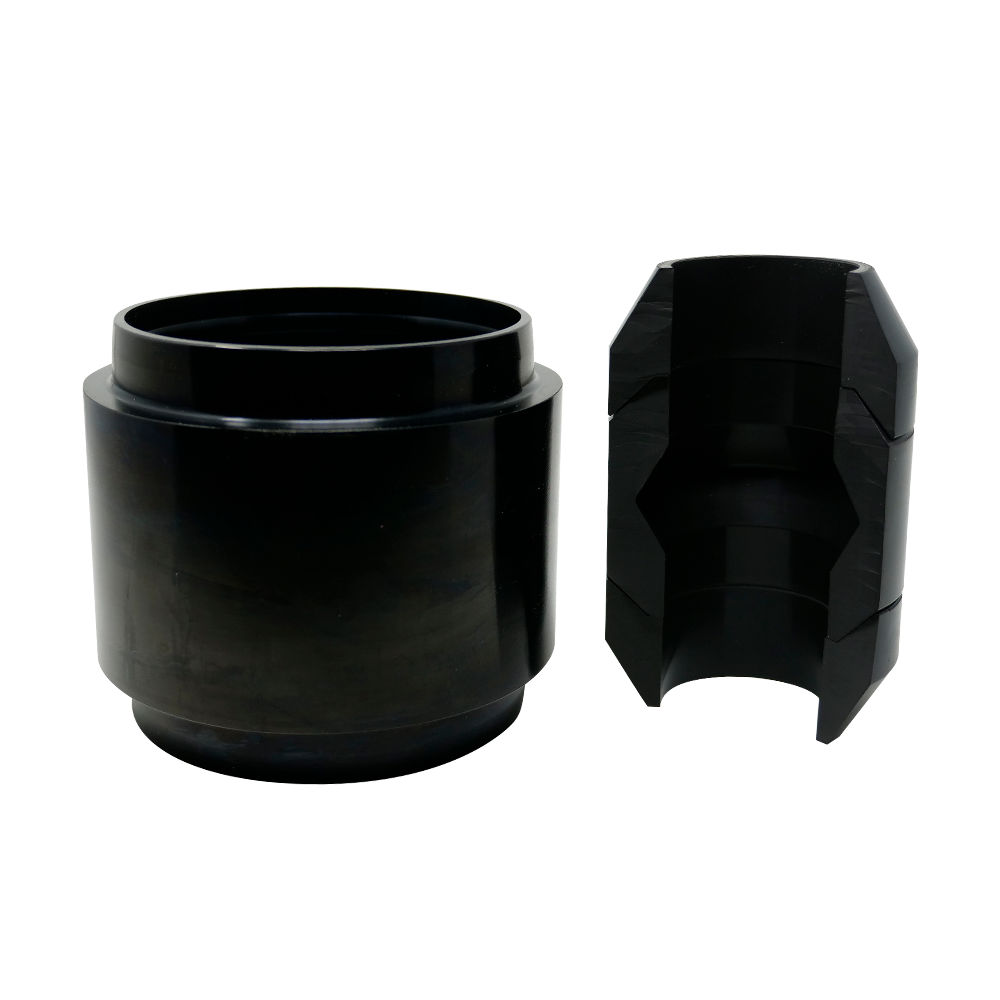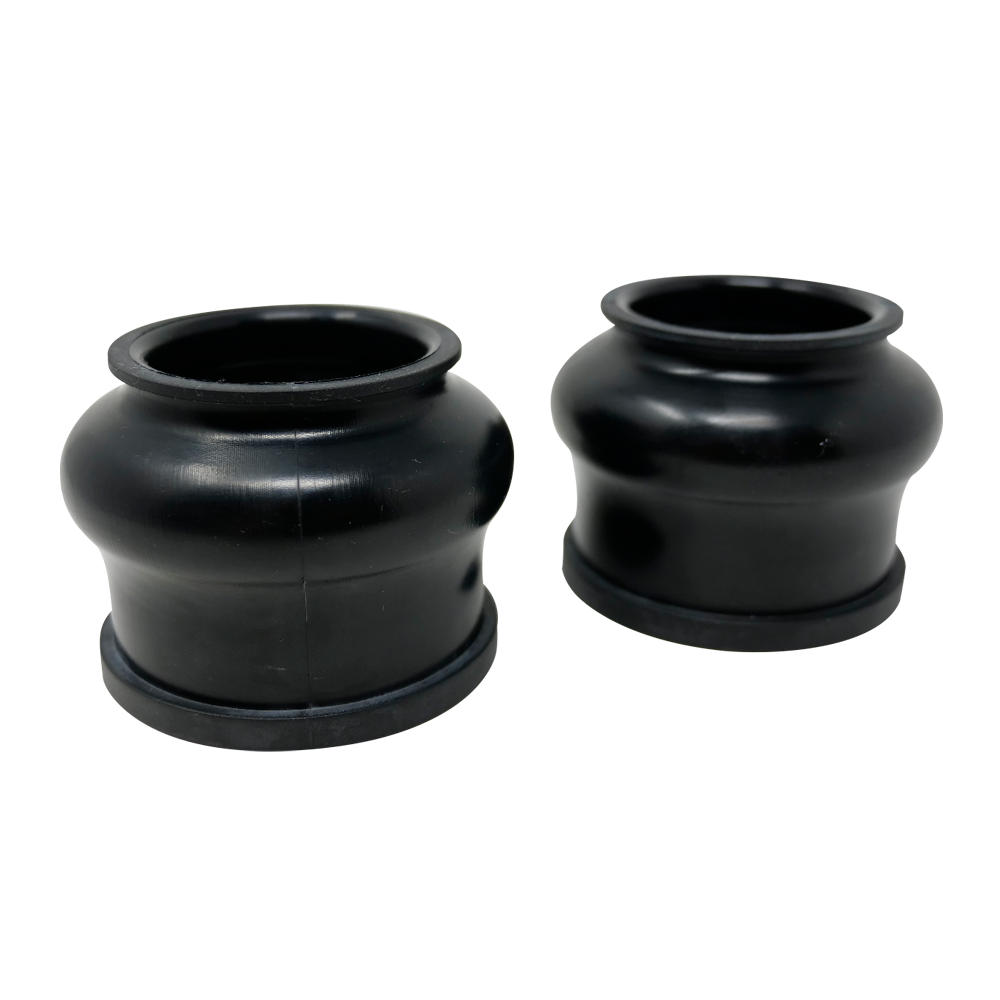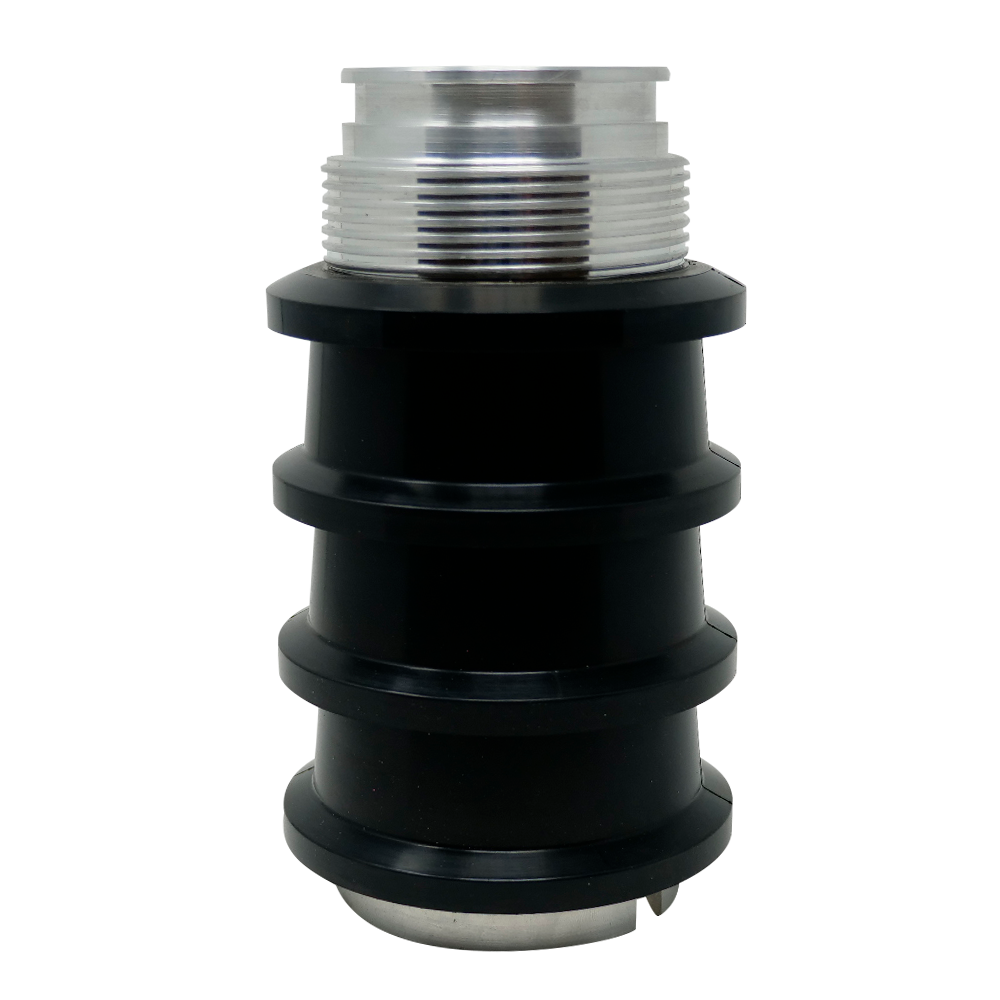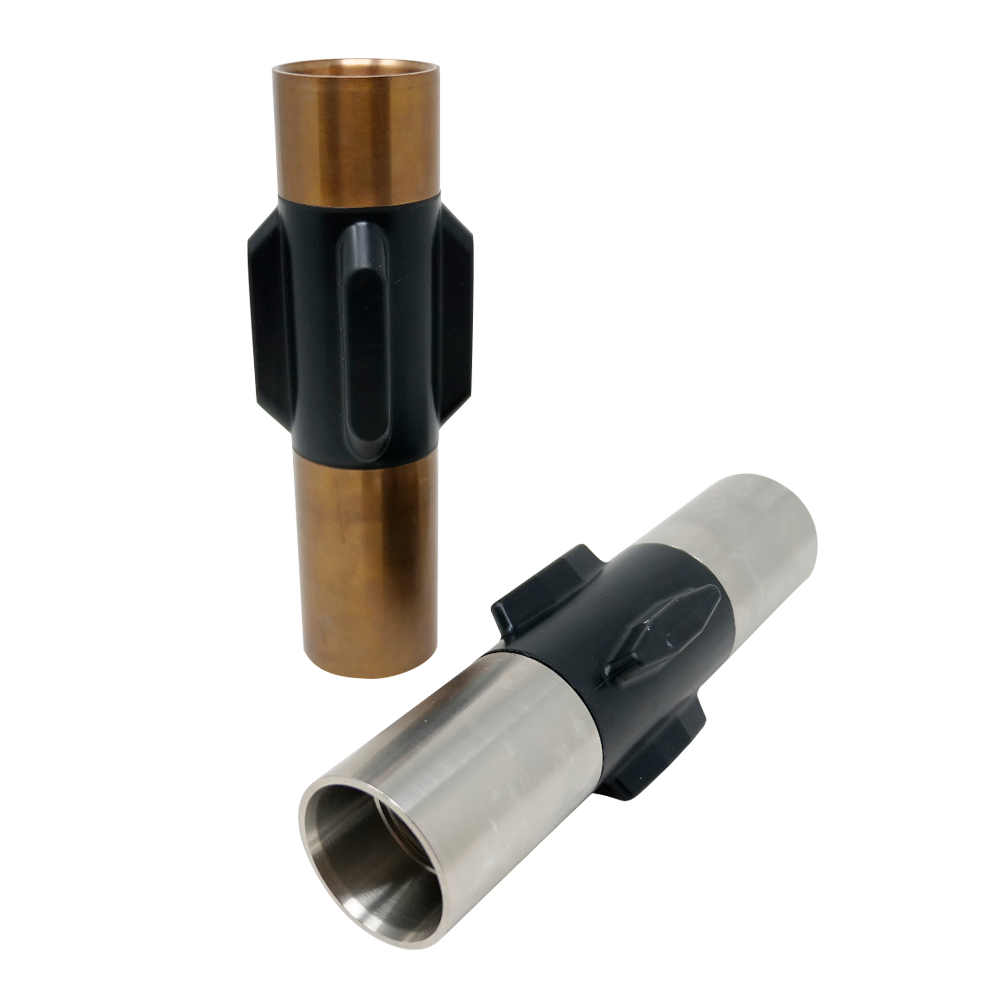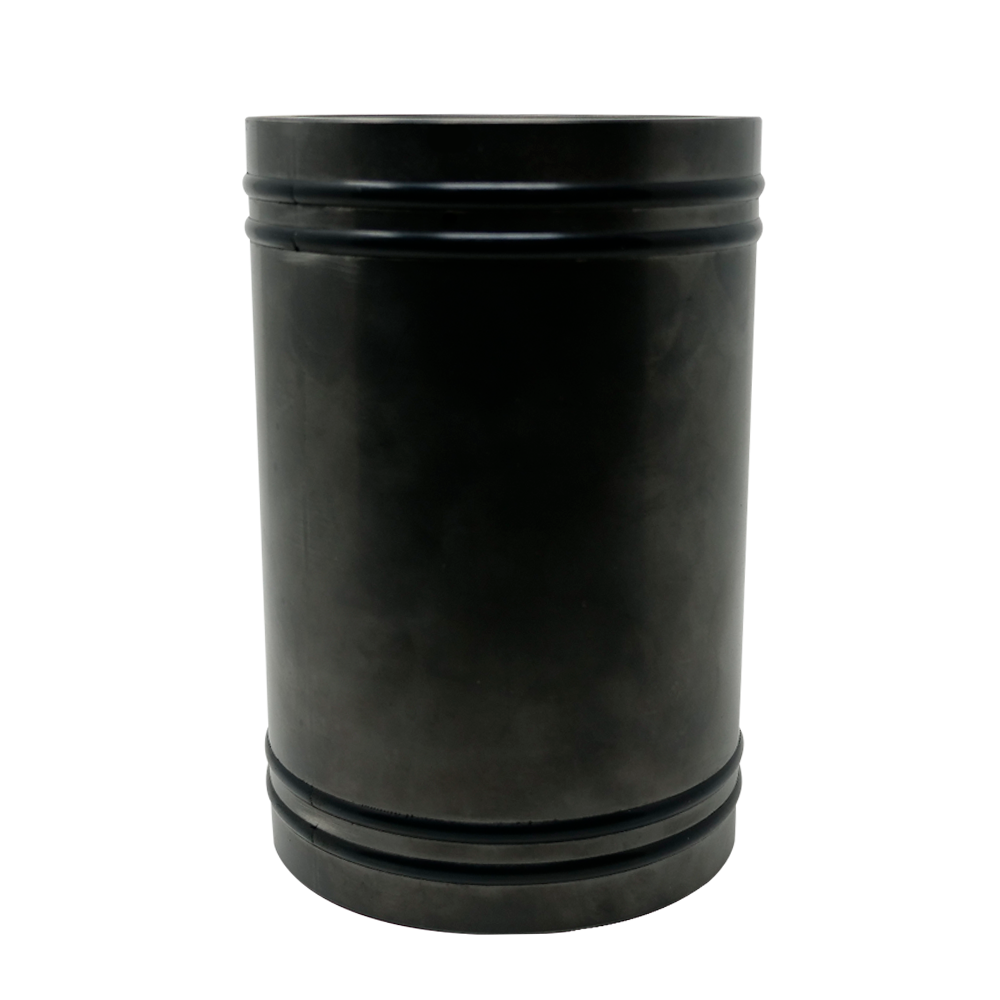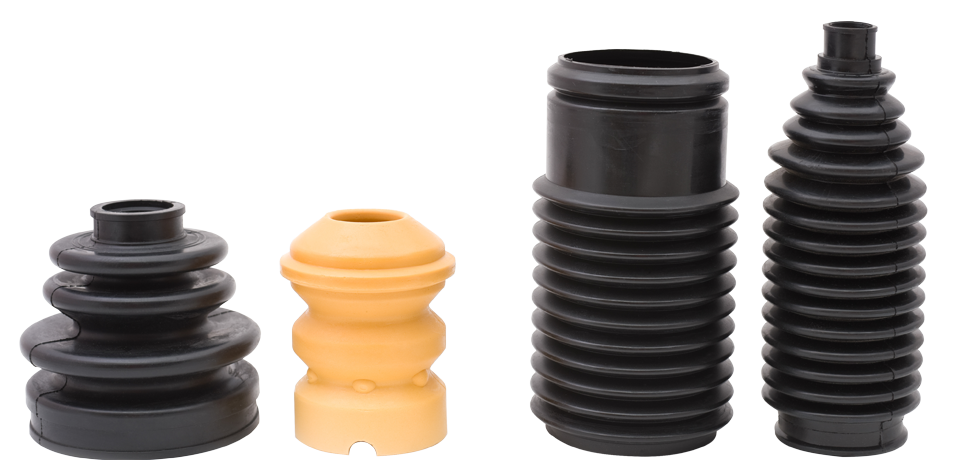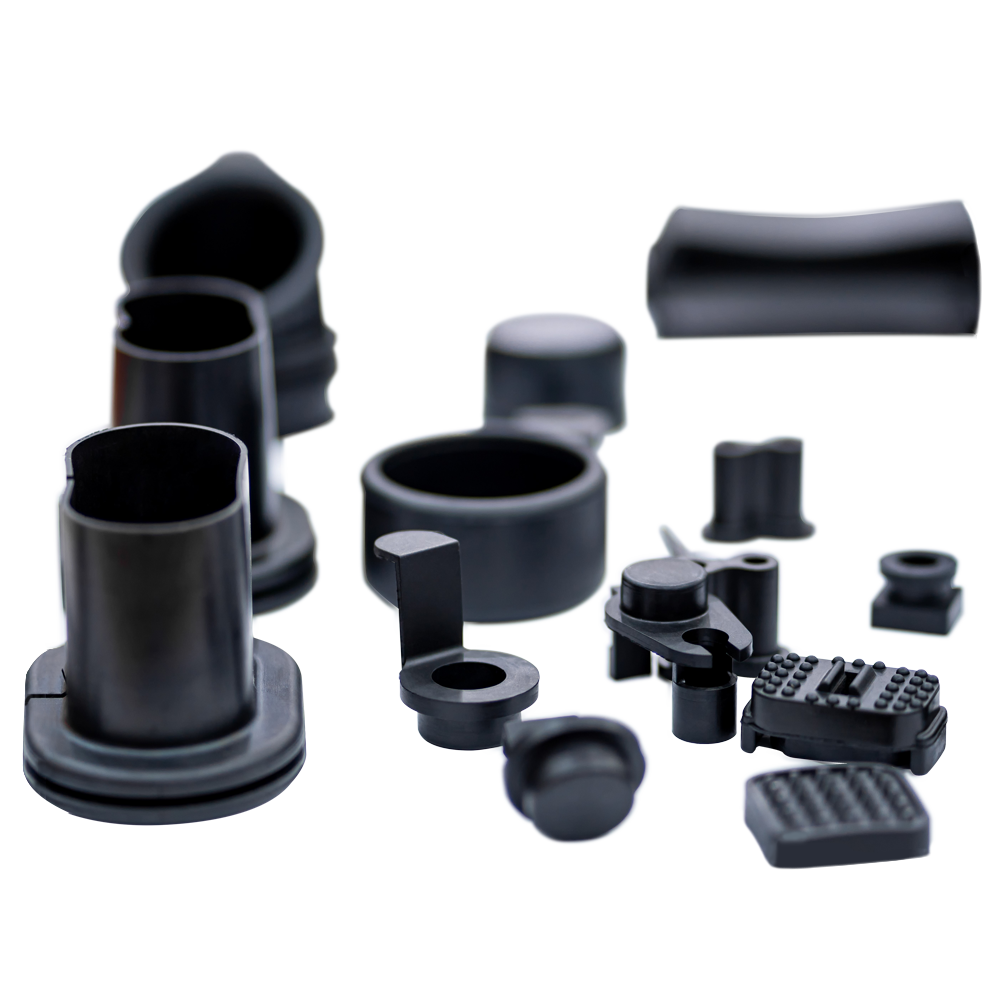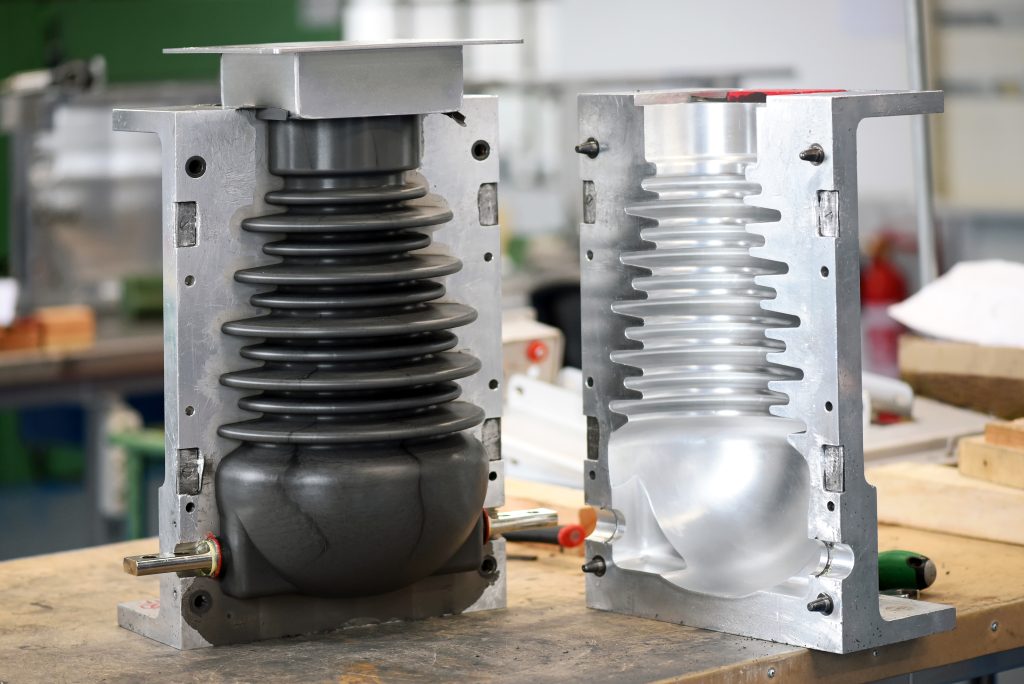
In-House mold making
Setup fees often become a significant barrier when considering a molded project. At KC Seals, we eliminate that hurdle by crafting all our rubber molds in-house, ensuring a faster and more cost-effective process. Plus, your intellectual property stays secure, without the delays and risks of outsourcing to unfamiliar machine shops. With KC Seals, everything happens swiftly and securely under one roof.

